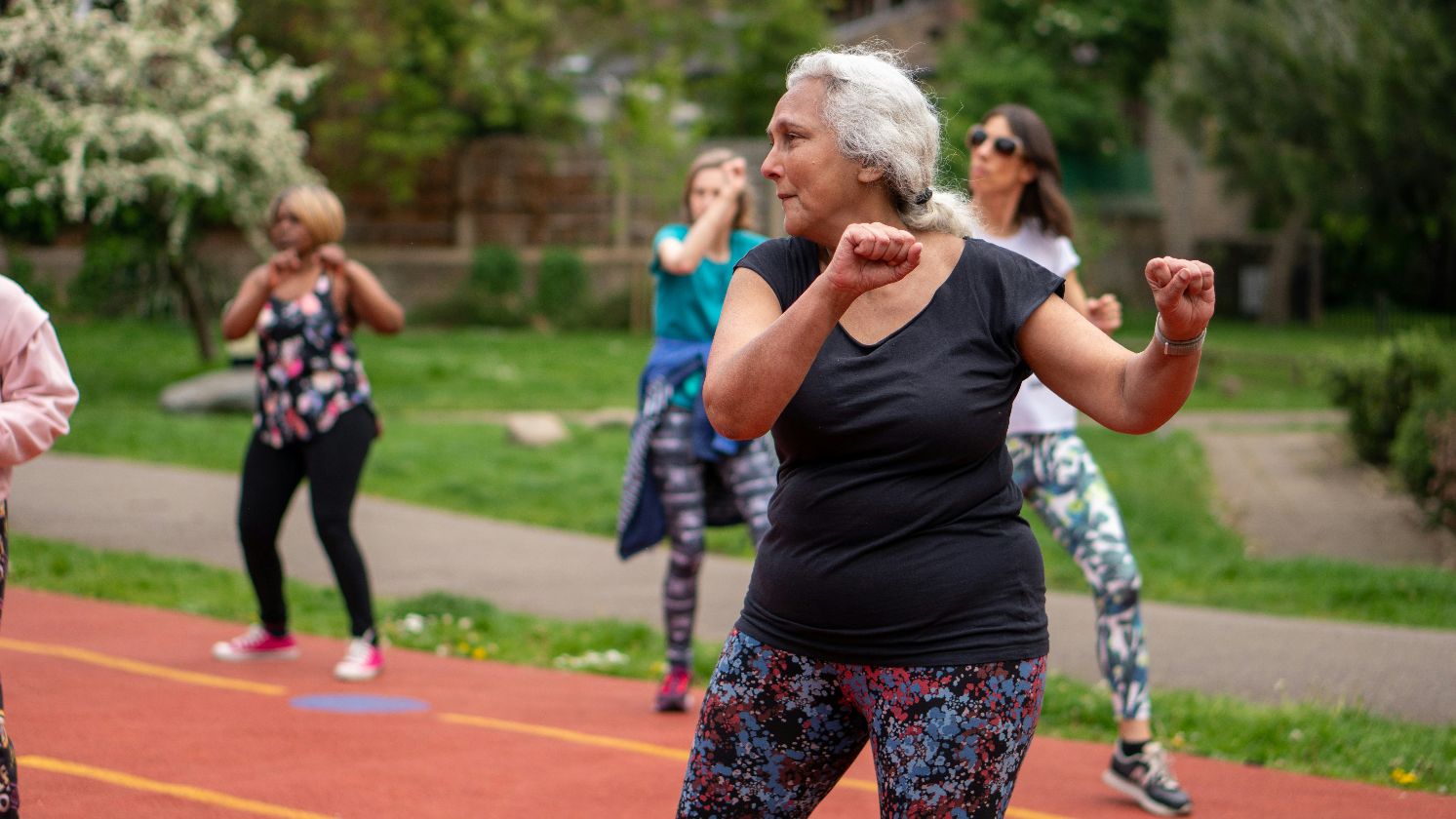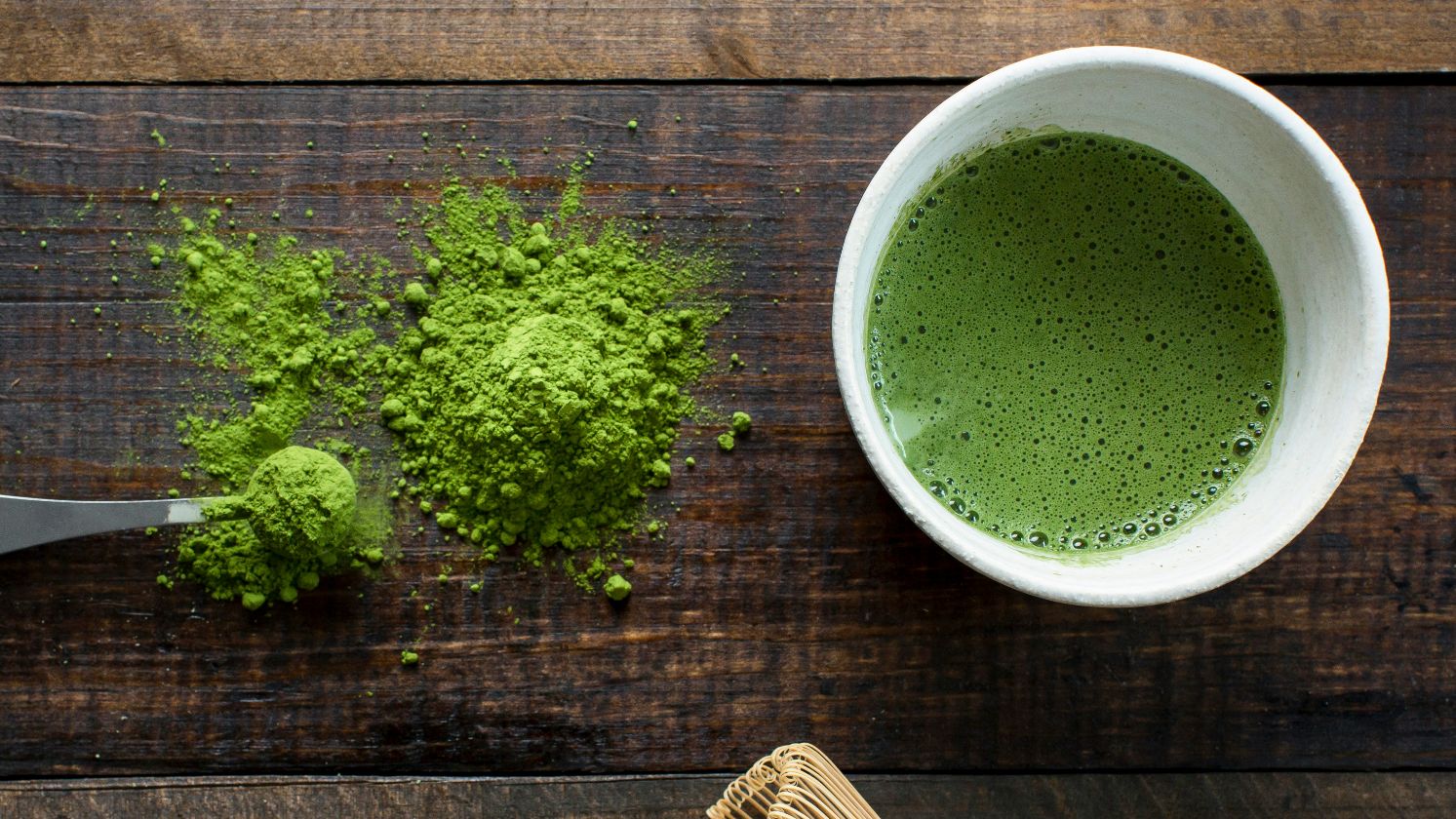Power Down Benefits
That mid-afternoon fog rolling through your brain isn't random. It shows up like clockwork because your internal systems are practically screaming for a reset. Most people just push through, thinking willpower conquers biology. Spoiler alert: it doesn't. A brief pause can recharge everything that matters, be it your mood, your focus, or even your relationships. It's time to look at some reasons why napping isn't just acceptable, but quite essential.
1. Stress Reduction
Your nervous system operates like a toggle switch between two modes: fight-or-flight versus rest-and-digest. Around thirty minutes of daytime sleep can reset this biological system. Napping systematically lowers cortisol, your body's primary stress hormone that wreaks havoc when chronically elevated.
 Photo By: Kaboompics.com on Pexels
Photo By: Kaboompics.com on Pexels
2. Mood Enhancement
Adults get just as cranky as babies when deprived of proper rest, though we're less obvious about our emotional meltdowns. Sleep-deprived individuals face an increased likelihood of experiencing depression, as their brains struggle to regulate serotonin and dopamine levels that control happiness.
3. Creativity Surge
Apparently, Salvador Dalí deliberately used micro-naps to spark his surrealist masterpieces. Research from the University of California, San Diego, proved that folks, especially those reaching REM phases, showed fantastic improvement in creative abilities compared to non-nappers. Many famous inventions emerged from post-nap inspiration.
 Photo By: Kaboompics.com on Pexels
Photo By: Kaboompics.com on Pexels
4. Better Alertness
Germany actually permits air traffic controllers to take strategic naps during shifts because alertness matters when lives hang in the balance. While caffeine merely blocks tiredness signals, napping genuinely restores brain function. A twenty-minute rest delivers one to three hours of improved alertness.
5. Memory Boost
Sleep spindles are bursts of brain activity that take place during naps, bouncing around at about 11–16 Hz. It turns out they help with memory retention. Additionally, the information you barely grasped gets the biggest memory boost from napping.
6. Heart Health
Historical cultures understood what modern medicine now proves scientifically. Regular nappers witness lower rates of heart disease and stroke. Their cardiovascular systems get precious breaks as blood pressure drops during daytime rest. Even twenty minutes is enough to slash cortisol levels.
7. Immune Boost
White blood cell production increases during those precious moments when you surrender to sleep. Your immune system quietly manufactures more antibodies to fight future infections. Sleep deprivation tends to weaken your body's ability to defend against illness, leaving you vulnerable to sickness.
8. Weight Management
Tired people unknowingly sabotage their diets by consuming over 300 additional calories daily. This is their exhausted brains sending confused hunger signals throughout the day. Lack of sleep disturbs the delicate hormonal balance between leptin and ghrelin—chemical messengers that control your appetite.
9. Performance Enhancement
Olympic swimmers usually credit strategic napping schedules for helping them shatter world records. Well, professional sports teams now mandate nap times because studies from Stanford's Sleep Sciences Center prove that rest improves athletic performance. Your muscles and reflexes work better.
10. Accident Prevention
Most industrial accidents occur during predictable natural alertness dips, when human attention spans crash regardless of caffeine intake or willpower. Drowsy driving alone causes over 100,000 car crashes annually in the United States. This makes fatigue as dangerous as alcohol impairment.
11. Skin Improvement
"Beauty sleep" isn't just a charming expression—it's a scientifically proven reality that your mirror reflects every single day. Growth hormone surges during naps. It actively repairs damaged skin cells while you rest peacefully. However, poor sleep accelerates aging and wrinkle formation.
12. Pain Relief
Chronic pain sufferers' discomfort becomes less severe and more manageable. Sleep deprivation amplifies how intensely you experience physical discomfort, making every ache feel magnified and unbearable. Napping increases your pain tolerance threshold as your brain releases natural painkillers.
13. Learning Acceleration
It is said that the human brain rehearses new information during sleep cycles, turning scattered facts into organized knowledge. A little doze can uplift the retention of verbal recall. Medical students who incorporate power naps into their study schedules score higher on exams.
14. Motor Skills Enhancement
Your hands become steadier and your coordination sharper after a short snooze. After all, it helps consolidate motor learning. Fine motor tasks like typing, writing, or even threading a needle become easier. The cerebellum, your brain's movement control center, refines motor memories.
15. Digital Eye Relief
Digital eye strain affects 80–94% of people who spend extended time on screens. This causes symptoms like blurry vision, dry eyes, and headaches. Brief afternoon naps provide critical relief by allowing overworked eye muscles to relax completely. Your visual system gets precious recovery time.
16. Blood Sugar Moderation
The pancreas and liver work overtime when sleep deprivation disrupts your body's delicate glucose processing system. Frontiers in Endocrinology research suggests that taking midday naps reduces the risk of poor glycemic control in type 2 diabetes patients who experience short nighttime sleep.
17. Brain Detox
Like a biological janitor service, cerebrospinal fluid washes through neural pathways during sleep, clearing metabolic waste that accumulates throughout your waking hours. This cleaning process exclusively occurs during unconsciousness. That’s when the brain's waste removal system works much better.
 Photo By: Kaboompics.com on Pexels
Photo By: Kaboompics.com on Pexels
18. Post-Workout Recovery
This activity helps muscles repair by boosting growth hormone release and lowering cortisol levels after exercise. A 2021 study found that catnaps improved perceived recovery and performance in athletes. Even 20–30 minutes can reduce soreness, restore energy, and accelerate muscle repair.
19. Improved Social Skills
Exhausted brains totally miss subtle social signals that well-rested minds pick up effortlessly. This makes fatigue a hidden relationship killer in both personal and professional settings. Tired individuals become more likely to experience interpersonal conflicts because exhaustion impairs empathy and social judgment.
20. Temperature Regulation Reset
Everyone’s core body temperature fluctuates from morning to night, with the lowest occurring at 4 AM and the highest at 6 PM, controlled by your hypothalamic thermostat. Napping works with your natural thermoregulation cycle to allow your internal temperature control system to recalibrate.
KEEP ON READING

20 Simple Ways You Can Stay Healthy When Eating Out

20 Low-Impact Sports Seniors Can Participate In

20 Foods That Improve Your Gut Health






















